KTM signs a letter of intent with Honda, Yamaha Motor and Piaggio for the creation of a swappable batteries consortium for motorcycles and light electric vehicles.

Folks, something interesting is definitely cooking up! KTM, Honda, Yamaha Motor and Piaggio have just signed a letter of intent for the creation of swappable batteries for motorcycles and light electric vehicles. Here is the official press release with all the details!
In the context of the Paris Climate Agreement and the development of electromobility, the founding members of the consortium believe that the availability of a standardized swappable battery system would both promote the widespread use of light electric vehicles and contribute to a more sustainable life-cycle management of batteries used in the transport sector.
Also, by extending the range, shortening the charging time and lowering vehicle and infrastructure costs, the manufacturers will try to answer to customers’ main concerns regarding the future of electromobility.
The aim of the Consortium will, therefore, be to define the standardized technical specifications of the swappable battery system for vehicles belonging to the L-category: mopeds, motorcycles, tricycles and quadricycles. By working closely with interested stakeholders and National, European and International standardization bodies, the founding members of the Consortium will be involved in the creation of international technical standards.
The Consortium will start its activity in May 2021. The four founding members encourage all interested stakeholders to join the cooperation to enrich the consortium’s expertise.
Stefan Pierer, KTM AG CEO:
“Sustainability is one of the key drivers to the future of mobility and electrification will play a major role in achieving this goal. For powered two-wheelers, the constraints of electric drivetrains regarding range, charging time and initial cost are still evident. To overcome these challenges and provide a better customer experience, a swappable battery system based on international technical standards will become a viable solution. Considering the entire lifecycle, a widespread application of batteries compliant with a common standard will support secondary use as well as circular economy. We are glad to be part of the Consortium as we strive towards our goals in the e-mobility sector.”



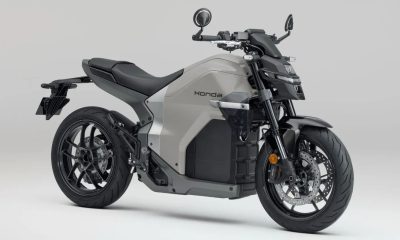
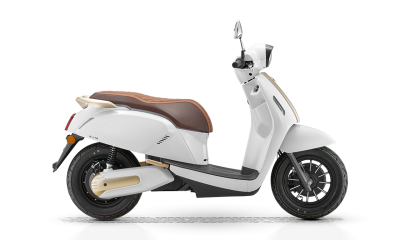
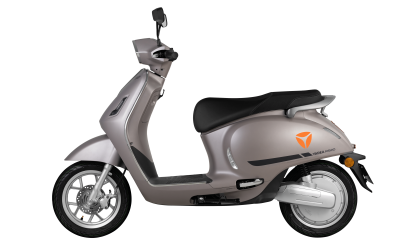
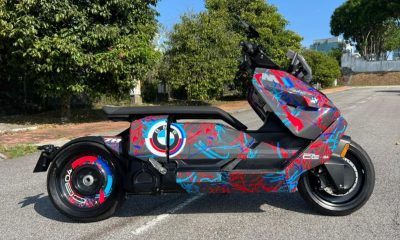
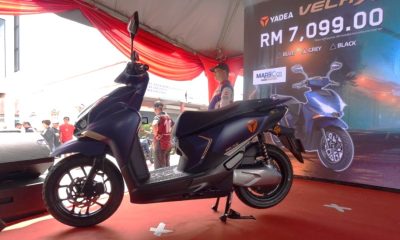






















Facebook
Instagram
X (Twitter)
YouTube
LinkedIn
RSS